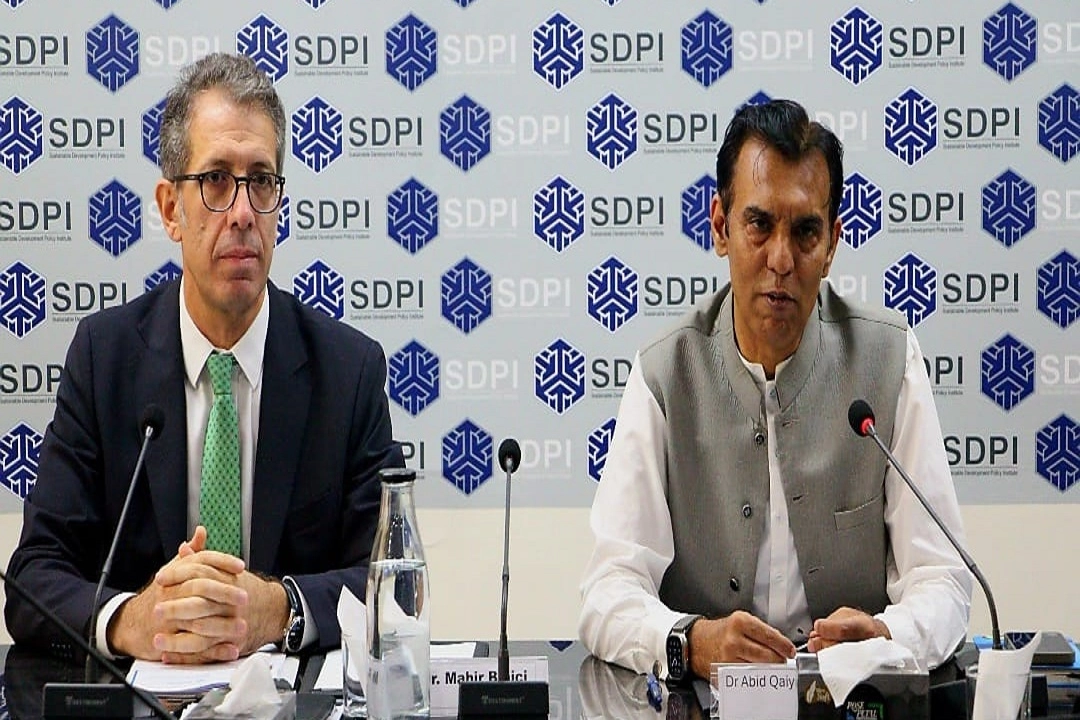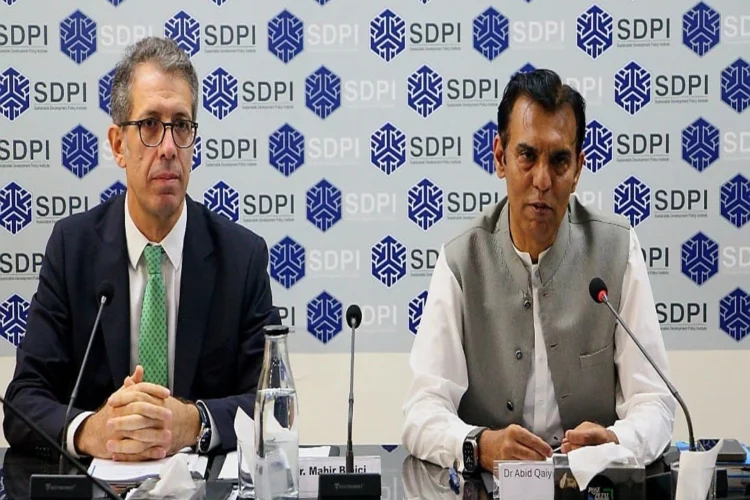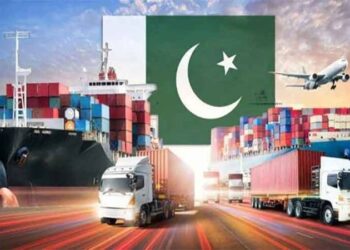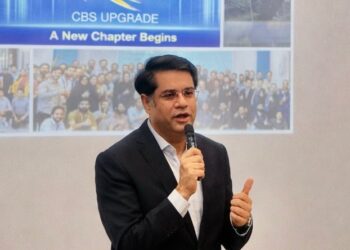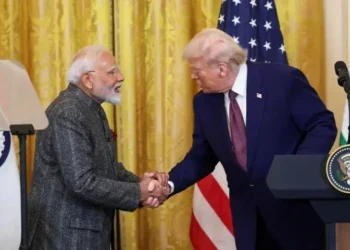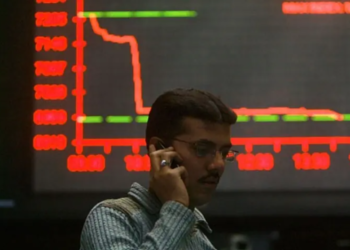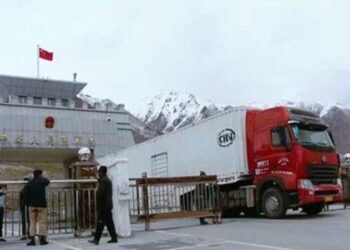Islamabad: The International Monetary Fund (IMF) has reaffirmed its commitment to supporting Pakistan’s economic and climate reform efforts, even as the broader Middle East, North Africa (MENA) region and Pakistan brace for persistent global economic uncertainties.
Speaking during a guest lecture at the Sustainable Development Policy Institute (SDPI), IMF Resident Representative for Pakistan, Mahir Binici, emphasized that growth across the region is expected to strengthen in 2025 and beyond, but warned that geopolitical tensions, trade disruptions, and weakening global cooperation continue to cast a shadow over economic recovery.
Addressing economists, researchers, and policy experts, Binici noted that Pakistan’s performance under the IMF’s Extended Fund Facility (EFF) has been “strong so far,” highlighting the successful completion of the first review by the IMF Executive Board in May 2025 as a significant milestone. He credited early policy measures with restoring macroeconomic stability and rebuilding investor confidence, despite persistent external challenges.
Binici underscored that structural reforms remain critical for Pakistan’s long-term economic sustainability. These include efforts to improve tax equity, enhance the business environment, and foster private-sector-led investment.
Turning to climate initiatives, Binici lauded Pakistan’s progress under the IMF’s Resilience and Sustainability Facility (RSF), which supports countries in addressing climate vulnerabilities and fulfilling global environmental commitments. Key reform areas under the RSF for Pakistan include better public investment planning, efficient water resource management, improved disaster preparedness, and enhanced availability of climate-related data.
“Support through the RSF will not only strengthen Pakistan’s climate resilience but also help unlock green investments and foster a more climate-conscious economic trajectory,” Binici remarked.
SDPI Executive Director Dr. Abid Qaiyum Suleri welcomed the IMF’s engagement, stressing the value of informed dialogue and multilateral collaboration in guiding Pakistan toward sustainable development. The session concluded with a robust discussion on fiscal and monetary policy frameworks, external buffers, and the role of international institutions in promoting inclusive growth.
